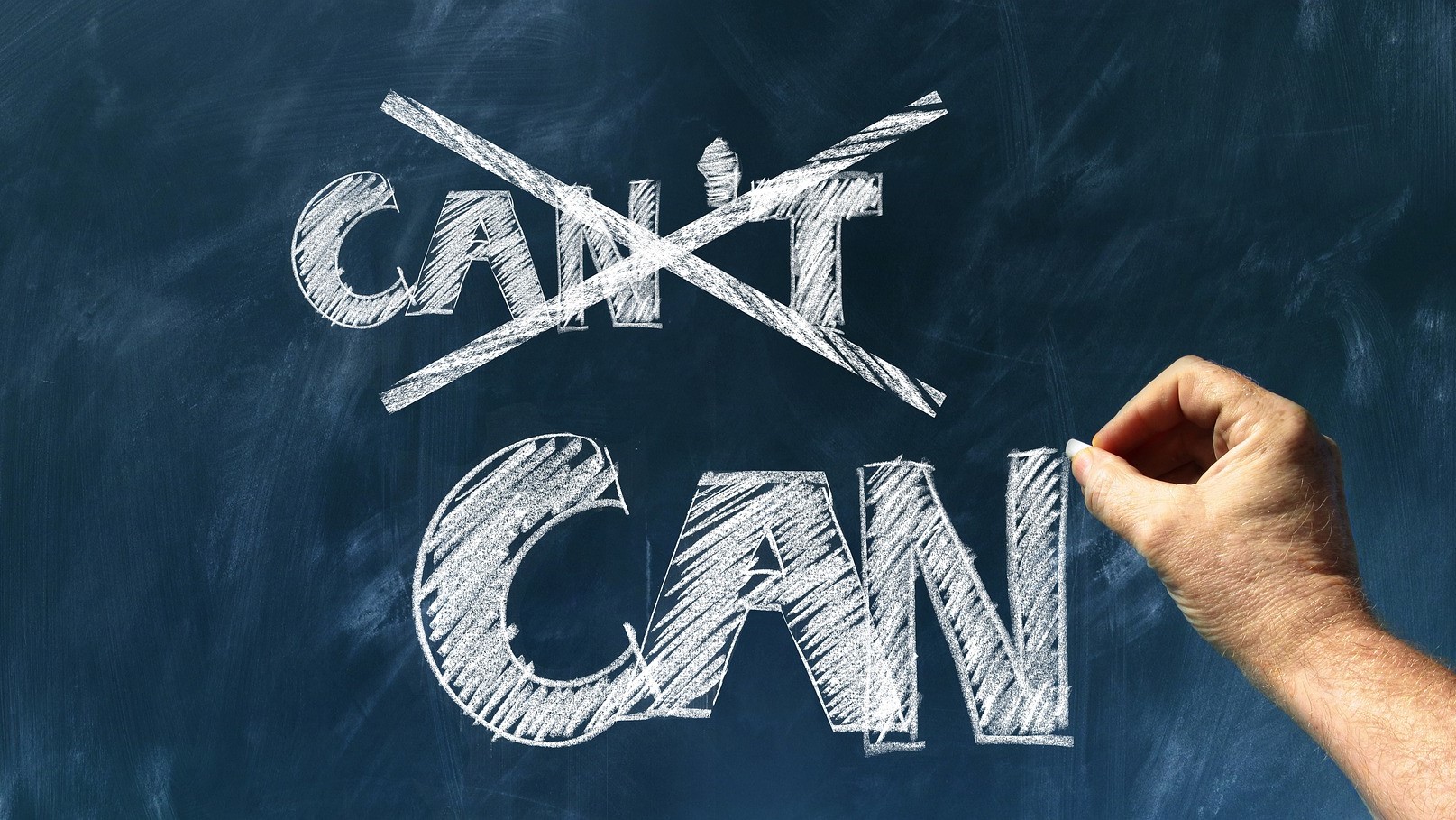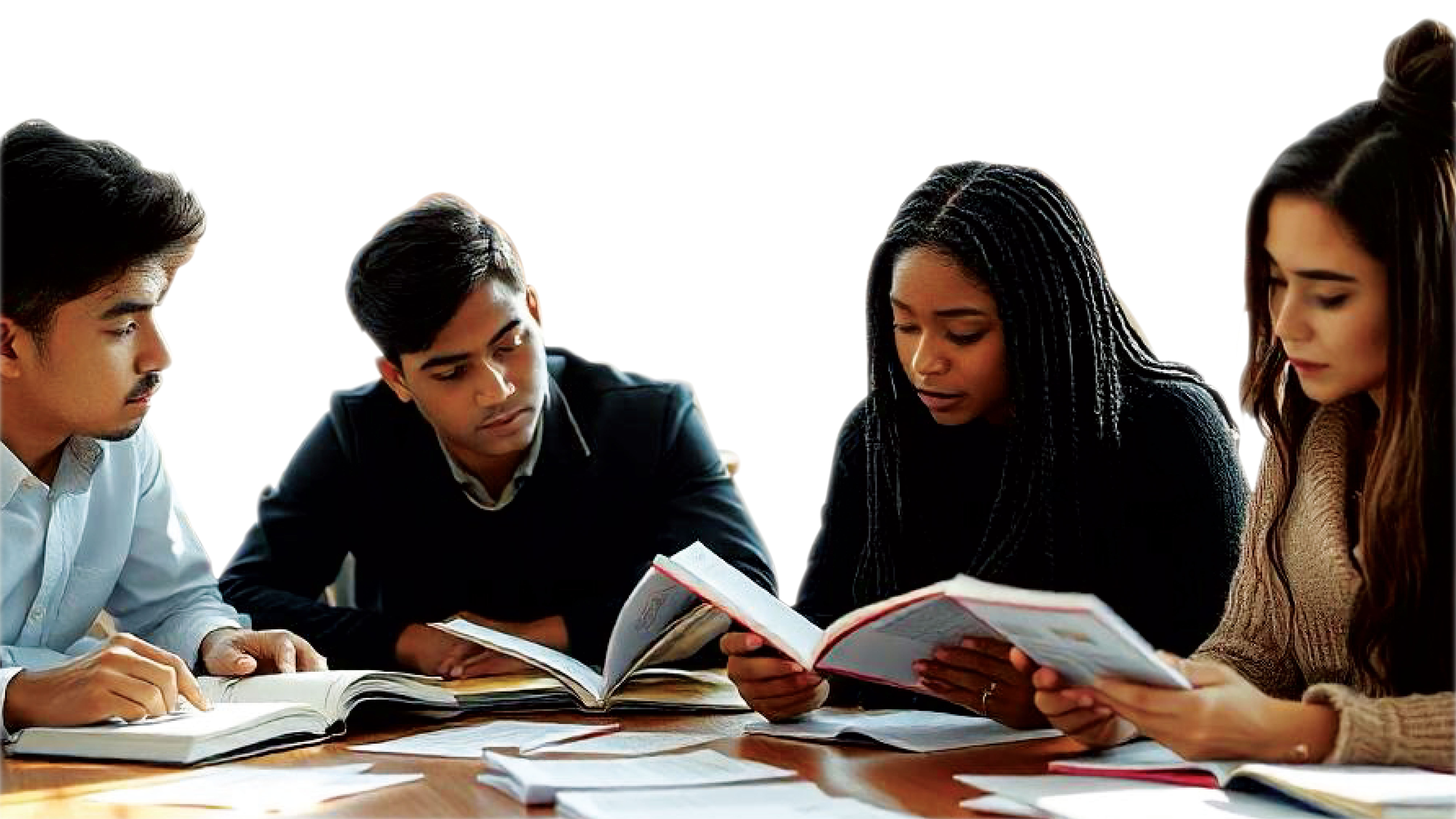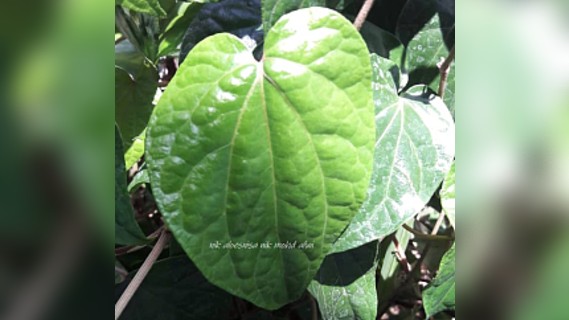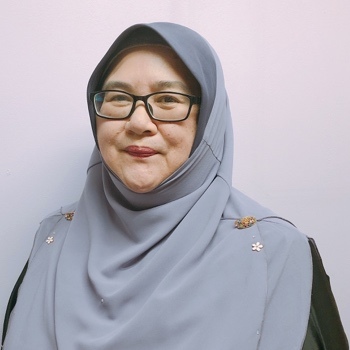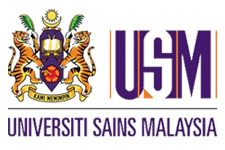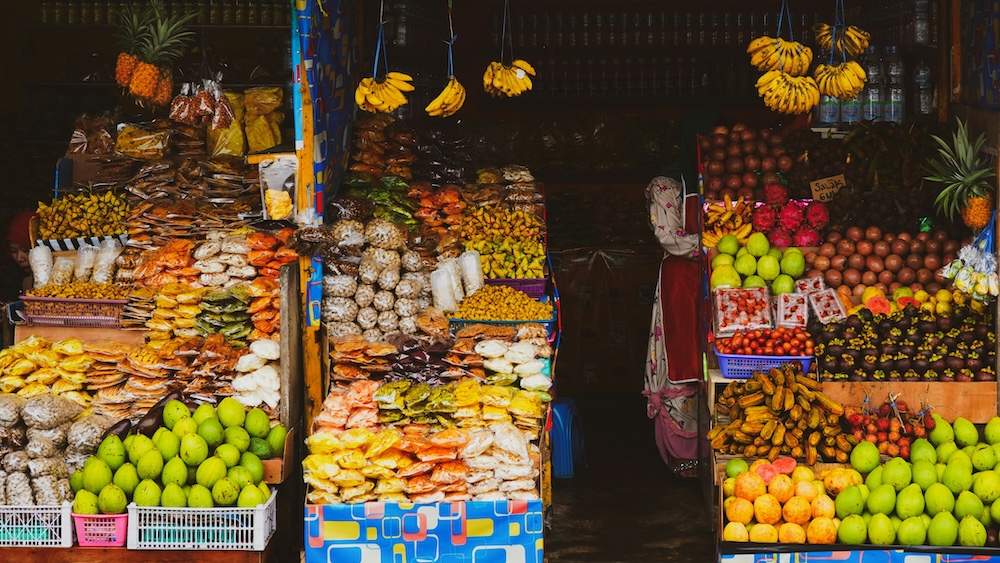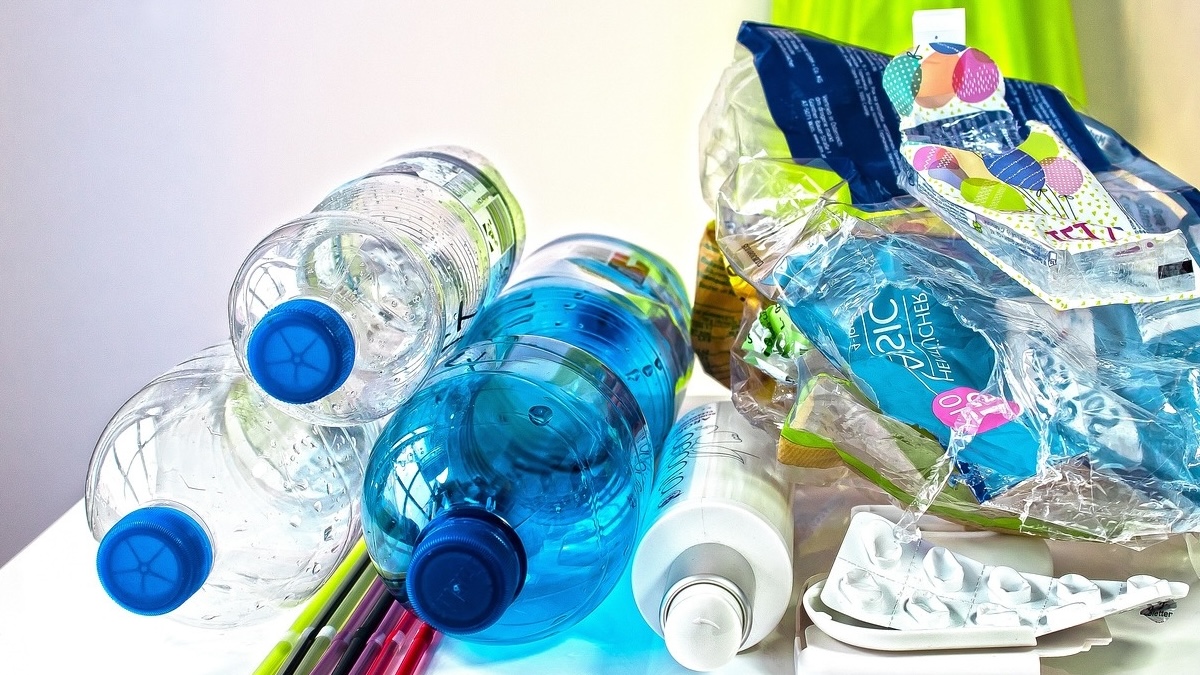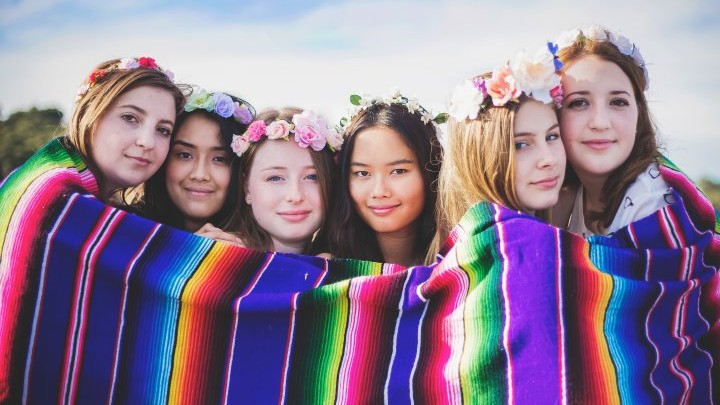I would like to bring the attention of readers of Simply Speaking to the significance of the month of November and December every year in the advocacy for human and women’s rights and for gender equality and justice. Since the year 1991, the dates of 25th November to 10th December, have been designated as the 16 Days of Activism Against Violence Against Women, an international campaign to eradicate violence against women and girls (VAWG) or gender-based violence (GBV).
VAWG or GBV is violence that is targeted or affects women exclusively, because they are women, or violence that affects disproportionately more women than men. While the first and earlier “16-Day campaigns” were initiated and promoted by the Center for Global Women’s Leadership (CGWL) of Rutgers University, the effort has been adopted and institutionalised worldwide particularly by United Nations (UN), through the UN Women, UNESCO and other UN agencies whose works include a focus on women and girls. Since 2009, the UN has brought the campaign forward by designating the 25th of every month as “Orange Day” as part of the UN Secretary-General’s campaign of “UniTE to End Violence Against Women”. In the last several years, themes of the campaign has also prominently featured the colour orange as a symbol of the campaign. Orange was chosen because its vividness and vibrance represent a bright and positive future, free from violence. The Centre for Research on Women and Gender (KANITA), Universiti Sains Malaysia has also been a long-time proponent of this campaign and every year since 2009, it has organised university-level activities in relation to the campaign. This year the UN Women recommended the theme: “Orange the World: Generation Equality Stands Against Rape!”
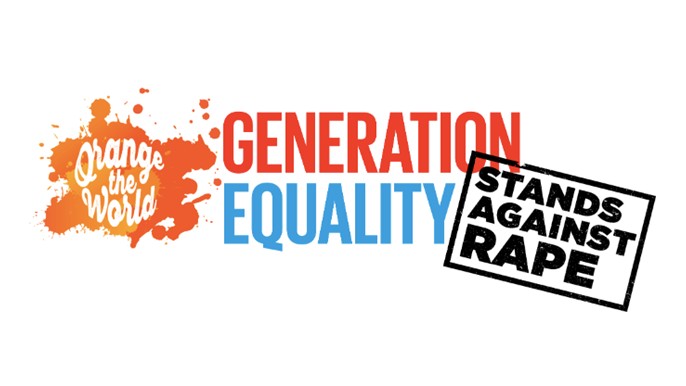
Since 2015, themes of the campaign have included clear connections with various concepts in the UN 2030 Agenda on Sustainable Development and its goals (the SDGs), particularly Goal No. 5 on gender equality and women’s empowerment (SDG5). In 2017, the theme was specifically “Leave No One Behind: End Violence Against Women Against Violence”. “Leave No One Behind” is the specific tagline of the SDGs arising out of the UN members’ pledge in the Sustainable Development Agenda to ensure that no sections of world’s population will be abandoned or missed in planning for development.
SDG5 has one of its targets the elimination of “all forms of violence against all women and girls in the public and private spheres, including trafficking and sexual and other types of exploitation” (Target 5.2). It further provides for the target of eliminating harmful practices to women and girls such as child, early and forced marriages and female genital mutilation. It should also be noted that although SDG8 on the promotion of decent work for all does not make specific reference to combatting violence against women at work, the achievement of gender parity in terms of pay and the establishment of safe and secure work space and environment for workers that form its targets must necessarily include the efforts to eradicate violence such as sexual harassment, which impact women at work disproportionately. The fight against VAWG is also consistent with the achievement of the expected outcomes of other SDGs such as SDG3 relating to health and wellbeing, SDG10 on reducing inequalities and SDG11 on providing inclusive, safe, resilient and sustainable cities and communities.
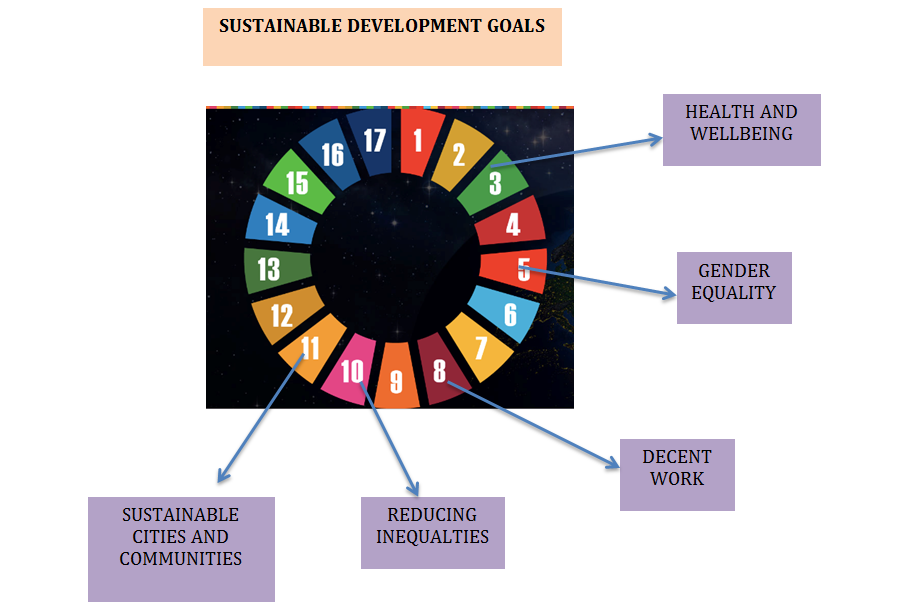
Based on the knowledge platform of the SDGs (see https://sustainabledevelopment.un.org/), recent multi-country data (106 countries) shows that nearly one-fifth of women and girls aged 15 to 49 years who are ever-partnered have experienced physical and/ or sexual violence at the hands of their partners in the period of the previous 12 months. The International Labour Organisation (ILO) notes that in the Asia Pacific, between 30-40 percent of women have experienced unwanted sexual advances, physical contact, suggestive verbal communication and other forms of sexual harassment in the context of the workplace (see, https://www.ilo.org/global/about-the-ilo/newsroom/features/WCMS_205996/lang--en/index.htm). The corresponding percentages for the European Union are 40-50 percent. In the era of artificial intelligence, a fast emerging form of VAWG is the information and communication technology (ICT)-related or –facilitated VAWG. This comes, among others, in the forms of threats of physical and sexual violence on social media, sexual grooming of girls and modification of women’s images and distributing them to defame the women.
In the context of Malaysia, this country is State party to international conventions and instruments that promote the eradication of VAWG and GBV. Malaysia has also taken steps to fulfil obligations or to translate provisions of the instruments at the local context. Malaysia has been a State Party to the UN Convention of the Elimination of All Forms of Discrimination Against Women (the CEDAW Convention) since 1995. The Convention requires State parties to demonstrate due diligence in tackling the issue of VAWG or gender-based violence. In the context of gender-based violence, due diligence is an international human rights principle that requires a state to be accountable for violation and abuse of rights of citizens, including those perpetrated by non-state actors. General Recommendations (GR) No. 19 (para 9) and No. 35 (para 24) of the CEDAW Convention stress that State parties to the Convention have the obligations to take all appropriate measures to investigate, prosecute, punish and provide reparation for acts or omission, by State on non-State actors, that result in gender-based violence. GR No. 19 submits that gender equality in employment can be seriously impaired when women are subjected to gender-specific violence, such as sexual harassment in the workplace.
In Malaysia, every year in the last 10 years or so, more than 3000 women have reported to the police annually their experiences of domestic violence at the hands of their male spouses. A study by KANITA between 2007 and 2011 shows that there is a 9% prevalence of intimate partner violence against women in Malaysia. The police has also recorded more than 2500 cases of rape yearly between 2008 and 2017. The corresponding number for sexual harassment is an average of 250 cases per year, taking into account that there are very limited provisions in the law where victims are able to use to make reports on sexual harassment. The government of Malaysia is currently drafting a comprehensive sexual harassment law. Universiti Sains Malaysia is one of the very few public universities in Malaysia that have institutionalised sexual harassment policy and the mechanism to deal with the case.
Malaysia is also in a critical category as a destination country for human trafficking and women and children are, disproportionately, victims of human trafficking due to their socioeconomic vulnerabilities. Women in Malaysia, more than men, are also increasingly exposed to violence facilitated by information and communication technology (ICT), for example, where they are threatened with death or rape in social media, often by men who are strangers, because these men disagree with their opinions or with things they represent on the media. Another new form of VAWG, mostly facilitated through the ICT, is sexual “grooming” of young girls, often by adult men. The law in Malaysia is still inadequate in dealing with these various new forms of VAWG.
As discussed, in the case of VAWG, the risk factor is being a woman or a girl. The perpetrators of VAWG, on the other hand, are overwhelmingly men. An important analysis that can be made for this is the fact that while we strife to advance in many aspects of socioeconomic life, there remains very patriarchal societal outlook about women and men. Women are still seen as the weaker sex and deserving of violence when they are seen as departing from the norms expected of them of if they are seen as defying the men who should be more powerful than them. It is very important for this perception to change to eradicate VAWG. Both women and men are deserving of the same dignity and respect to prosper as human beings and this value must be inculcated in our society at a very young age. Systems in work, family and society that demonstrate biased deep-structure must be modified to accommodate more gender balanced and fair outcomes. Efforts must be prioritised and multiplied to eliminate all forms of violence against women and girls. Let us “Orange the World” in our strife towards achieving sustainable development for the country and the world. Let us not leave anyone behind and work towards gender equality and social justice.



